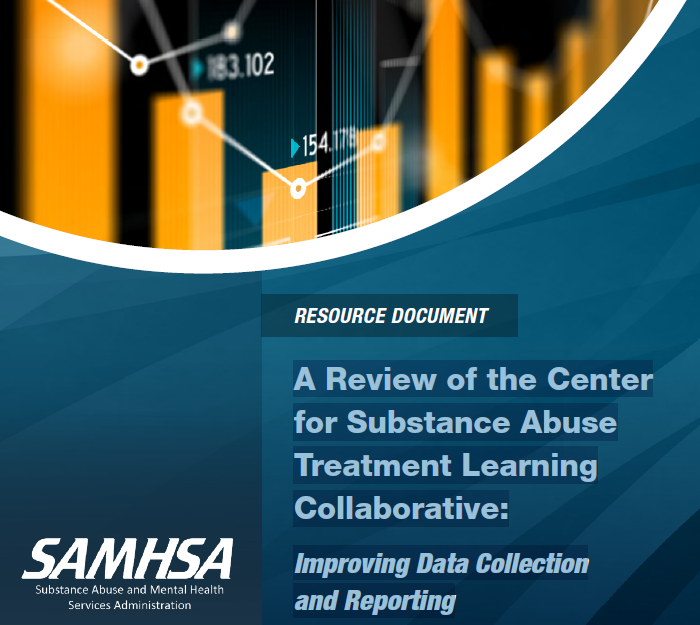Order your free hard copy by adding to cart or you can download an electronic copy for free using the link below
Improving Data Collection and Reporting
High-quality data is imperative to assess how programs are achieving behavioral healthcare goals, including maintaining funding, meeting grant requirements, program planning, quality improvement processes, and public communication. Poor data quality can undermine decision making, lead to ineffectual or unsafe processes, hinder monitoring of long-term trends, and produce significant adverse effects for entire populations as well as healthcare organizations and systems.1,2,3 Alternately, high-quality data can potentially inform patient treatment and service delivery, public health outcomes, policymaking, and organizational and system-wide quality improvement efforts.


